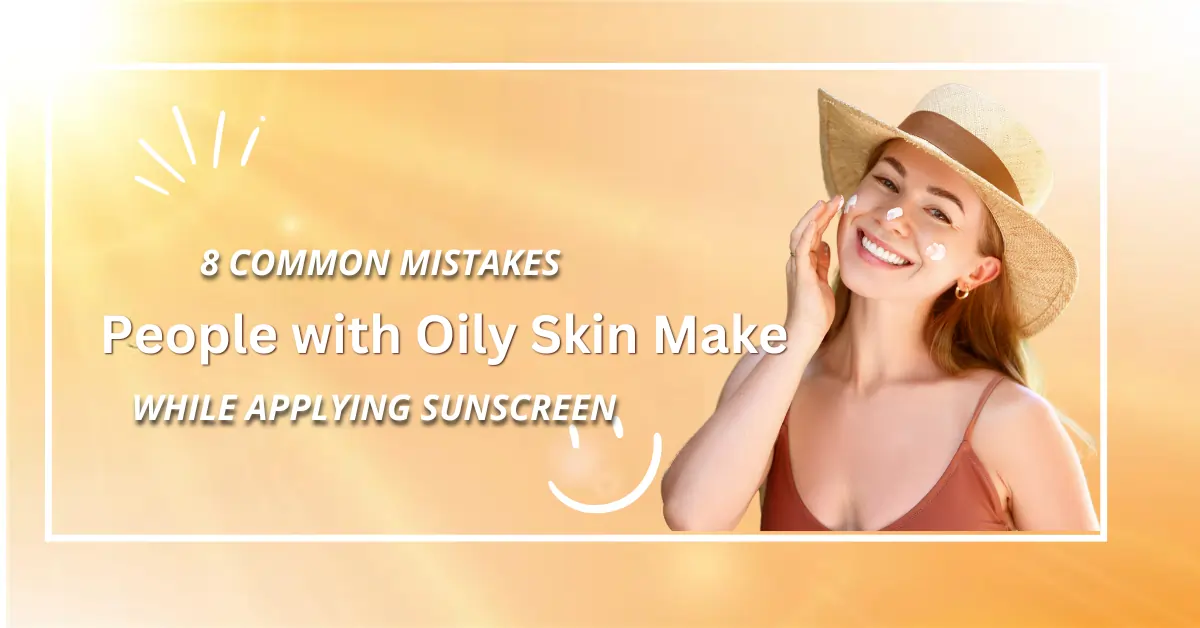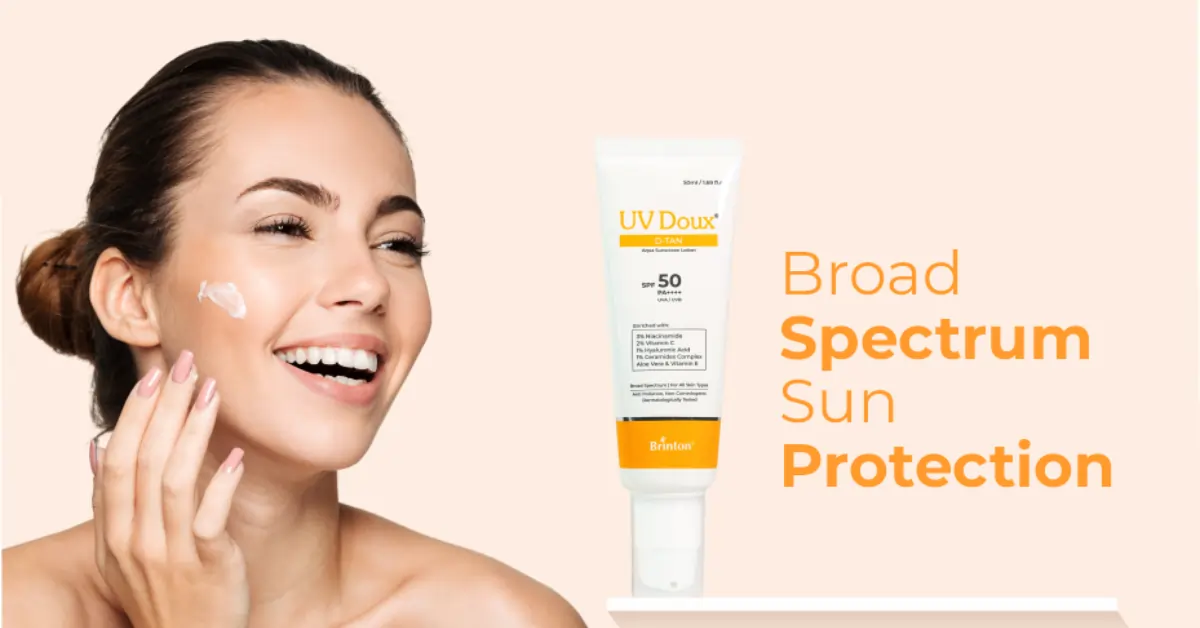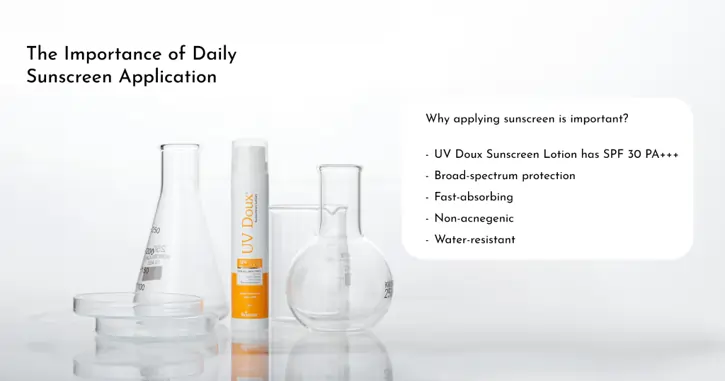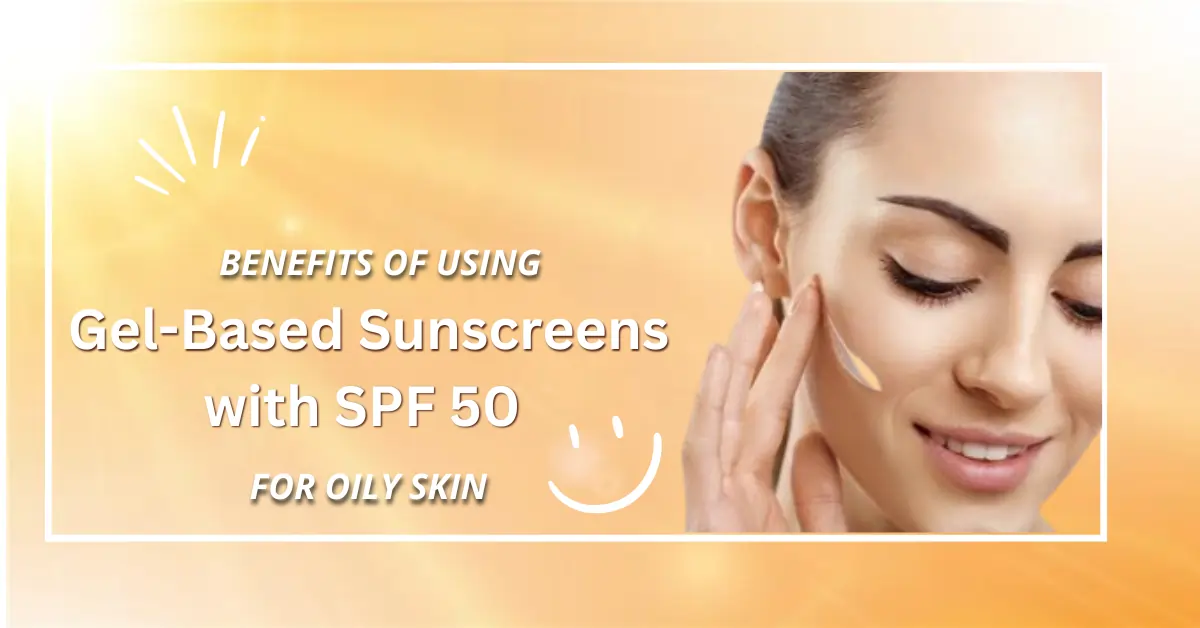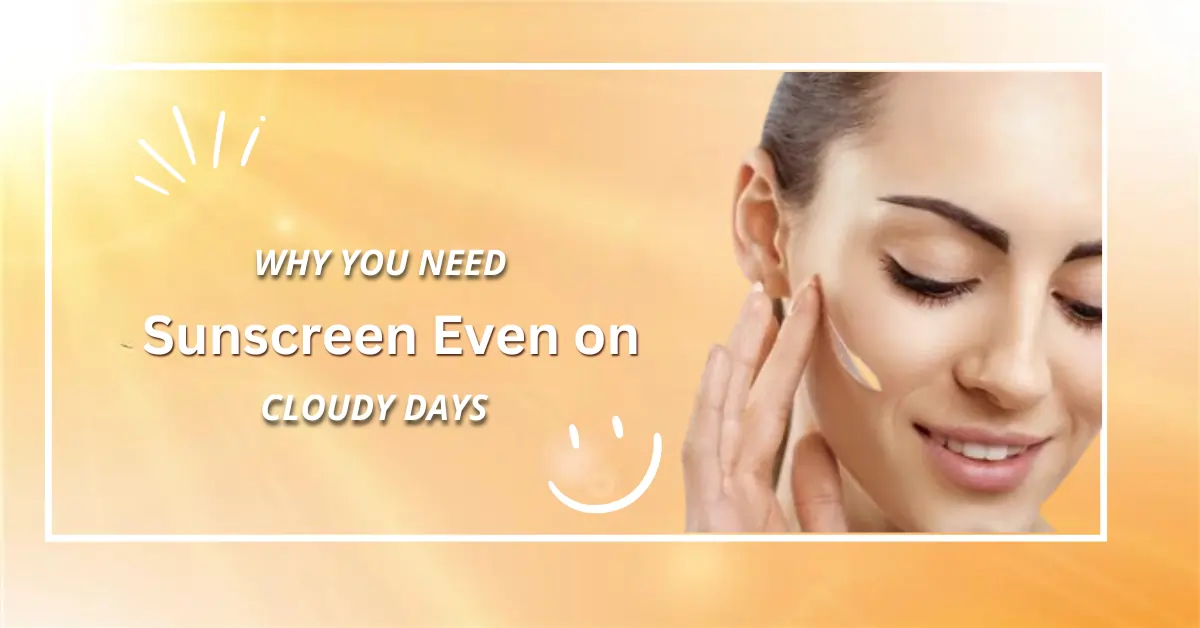
Why You Need Sunscreen Even on Cloudy Days
Most people think sunscreen is only for sunny, summer afternoons — but here’s a fact: up to 80% of UV rays can still reach your skin even on cloudy days. That means your skin is at risk of sun damage no matter how overcast the sky looks.
If you’ve been skipping sunscreen when the sun’s hiding, it’s time to rethink your skincare routine. Let’s break down why daily sun protection is essential, even when it’s cloudy.
☁️ Can You Really Get Sun Damage on Cloudy Days?
Absolutely. Clouds block visible light, but they don’t effectively block UVA and UVB rays — the harmful parts of sunlight responsible for tanning, sunburn, premature aging, and even skin cancer.
- UVA rays: Penetrate deep into the skin, causing wrinkles, dark spots, and premature aging. They pass through clouds and glass.
- UVB rays: Cause immediate sunburn and skin damage. Clouds only filter out a small portion of UVB rays.
🔆 5 Reasons to Wear Sunscreen on Cloudy Days
1️⃣ UV Rays Don’t Take a Day Off
Up to 80% of UV radiation penetrates through cloud cover, which means your skin is exposed whether you can see the sun or not.
2️⃣ UVA Rays Cause Invisible, Long-Term Damage
UVA rays account for about 95% of UV radiation reaching the earth — and they’re present all year, all day. These rays damage collagen and elastin in the skin, causing sagging, wrinkles, and pigmentation over time.
3️⃣ Glass Doesn’t Block UVA Rays
If you’re indoors near windows or driving, UVA rays still reach you. Protecting your skin even on indoor, overcast days matters.
4️⃣ Helps Maintain an Even Skin Tone
Regular sunscreen use prevents uneven tanning, hyperpigmentation, and sunspots — especially important for those prone to post-acne marks.
5️⃣ Prevents Premature Aging
Consistent sunscreen use reduces fine lines, wrinkles, and loss of elasticity. The damage UVA rays cause adds up quietly, even on cloudy days.
☔ What Kind of Sunscreen Is Best for Cloudy Days?
You don’t need a heavy, greasy sunscreen for overcast weather. What you need is:
- ✅ Broad-spectrum protection (SPF 50 PA+++)
- ✅ Lightweight, non-comedogenic formula
- ✅ Matte or gel-based texture for oily skin
- ✅ Sweat- and water-resistant option if you’re outdoors
🌿 Recommended Option: UV Doux Sunscreen Gel SPF 50 PA+++
If you’re searching for an everyday, lightweight, non-sticky sunscreen for oily or combination skin,
UV Doux Sunscreen Gel SPF 50 PA+++ ticks all the boxes.
Key Benefits:
- ✔️ Broad-spectrum SPF 50 PA+++ shields against both UVA and UVB rays
- ✔️ Non-comedogenic, silicone-based gel perfect for oily, acne-prone skin
- ✔️ Matte finish keeps your skin shine-free
- ✔️ Sweat- and water-resistant — ideal whether it’s humid, sunny, or cloudy
- ✔️ Leaves no white cast or greasy residue
It’s dermatologist-recommended and fits perfectly into any skincare routine, no matter the weather.
✅ Final Thoughts
Sun damage isn’t limited to sunny days. UVA and UVB rays affect your skin every day, all year round — even when you can’t see the sun. That’s why daily sunscreen application is non-negotiable for healthy, youthful skin.
So next time the clouds roll in, don’t skip the SPF. Protect your skin today for a brighter, even-toned tomorrow with
UV Doux Sunscreen Gel SPF 50 PA+++.
